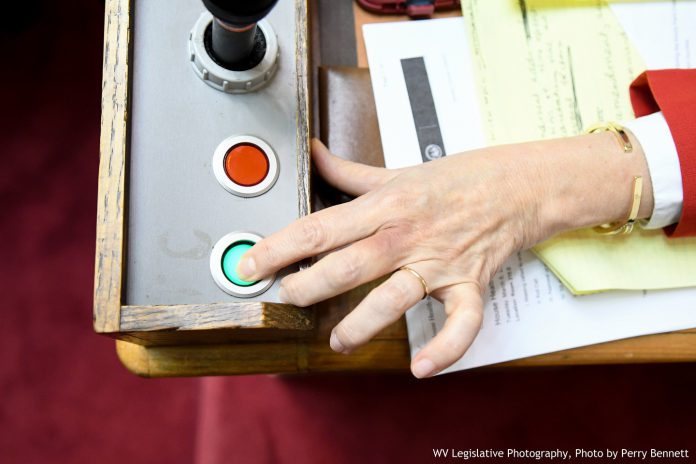The Senate passed the Student Success Act on an 18-15-1 vote, following a lengthy debate Monday morning. Following an hour recess, the Senate returned, suspended the constitutional rules requiring a bill be read on three separate days, and passed the Education Savings Account Act by the same vote.
The Student Success Act (SB1039) includes a variety of proposed changes to the public education system, including pay increases, charter schools under the purview of county and state boards of education, increased support personnel for schools, open enrollment, incentives to fill in-demand positions and financial support for smaller county school systems, among other things.
On Sunday, the Senate amended the bill to withold pay and prevent extracurricular activities during a public school strike. The amendment also prevents superintendents from being able to close school during a work stoppage. The change codifies that strikes of this nature are illegal.
Education savings accounts (ESAs) allow parents to withdraw their children from public district or charter schools and receive a deposit of public funds into government-authorized savings accounts with restricted, but multiple, uses. The funds can cover private school tuition and fees, online learning programs, private tutoring, and other approved learning materials and programs.
Senate Bill 1040 does not have a limitation in overall number, total amount spent or a set type of student that could qualify, such as special needs.
The state Department of Education would make the money available to the state Treasurer, which would operate the program. If insufficient funding is available, priority would go to students whose applications were submitted first.
Parents could apply for an education savings account after July 1, 2020. The household income of applying families is not to exceed $150,000 a year. A parental review committee would be established to help the Treasurer oversee the use of the program.

